You may also be interested in

Diaspora Diplomacy: A Case Study of Uganda
International migration in the 21st Century is attracting a lot of attention of policy makers due to its global impact and increasing linkages to development in an era of increased cooperation and interdependence between countries.
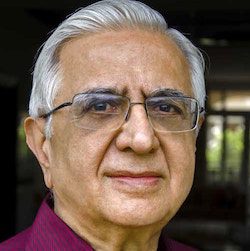
India’s diaspora diplomacy
India emphasizes the importance of its diaspora in expanding its global influence through diaspora diplomacy, focusing on enhancing connections with people of Indian origin worldwide.
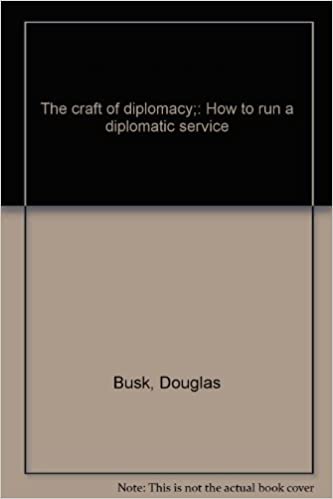
The Craft of Diplomacy: How to Run a Diplomatic Service
The text discusses the key aspects of diplomacy and how to effectively manage a diplomatic service.
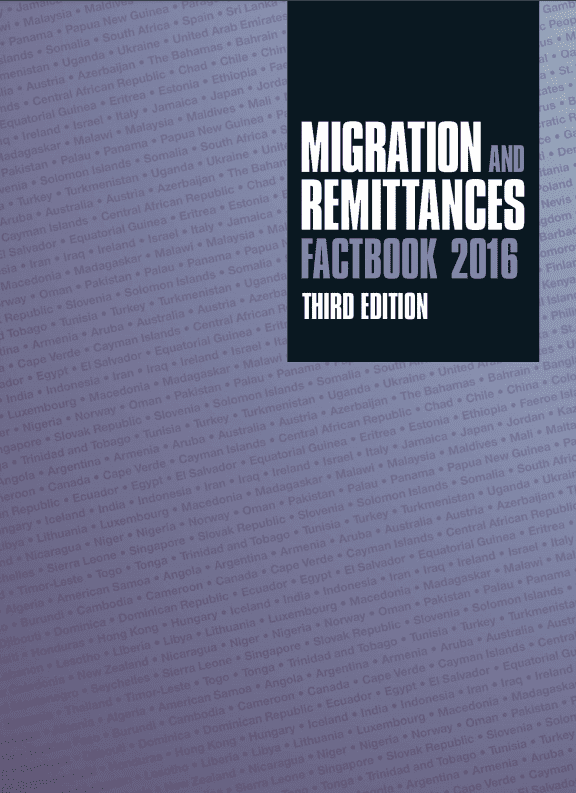
Migration and Remittances Factbook 2016
The Migration and Remittances Factbook 2016 provides comprehensive data on global migration patterns and trends, as well as the impact of remittances on economies worldwide. It covers topics such as migration flows, remittance trends, and policy issues related to migration. The factbook serves as a valuable resource for policymakers, researchers, and anyone interested in understanding the dynamics of migration and remittances on a global scale.
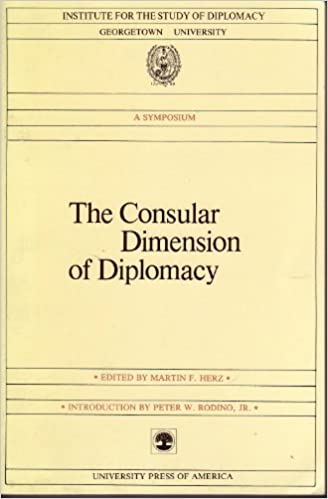
The Consular Dimension of Diplomacy
The Consular Dimension of Diplomacy discusses the crucial role consular officials play in protecting the interests of their respective countries and citizens abroad. Consular work includes providing assistance to citizens in distress, issuing visas, promoting trade and cultural exchanges, and handling legal matters. This aspect of diplomacy is often overlooked but is vital in maintaining relationships and safeguarding the welfare of citizens outside their home countries.
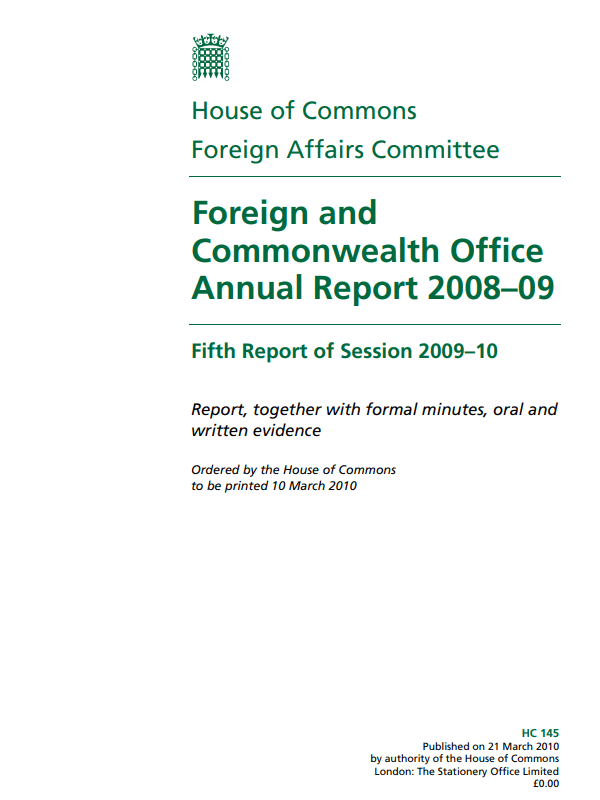
Consular Services Annual Report 2008/09
The Consular Services Annual Report 2008/09 showcases the work and assistance provided to citizens in need during the specified period.
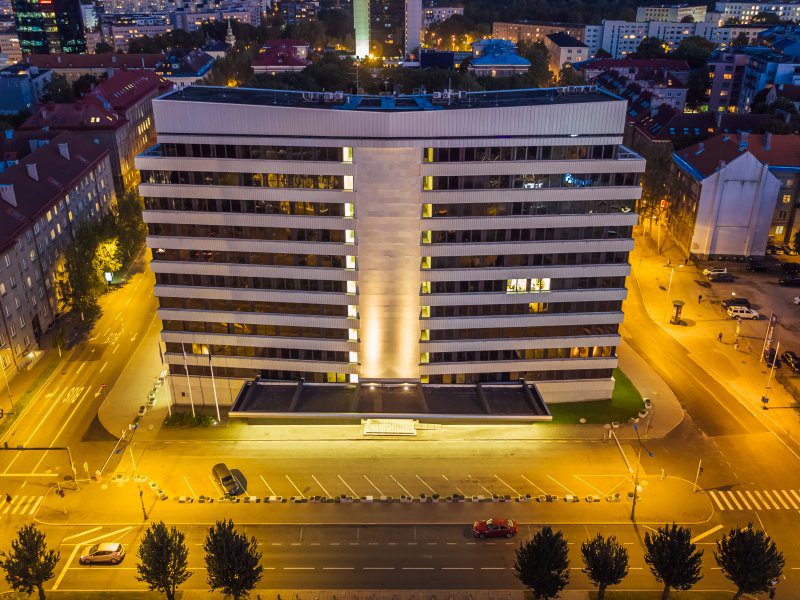
Conclusion of 5th Conference for Honorary Consuls of Estonia
Honorary Consuls of Estonia from 44 countries worldwide gathered for the 5th conference, highlighting the importance of the event for networking, knowledge-sharing, and strengthening ties with Estonia. The conference included visits to various institutions, discussions on consular issues, and a charitable donation. With 104 honorary consuls in 50 countries, their voluntary efforts play a crucial role in fostering connections and assisting Estonian citizens globally, contributing significantly to diverse fields such as politics, economics, and culture.
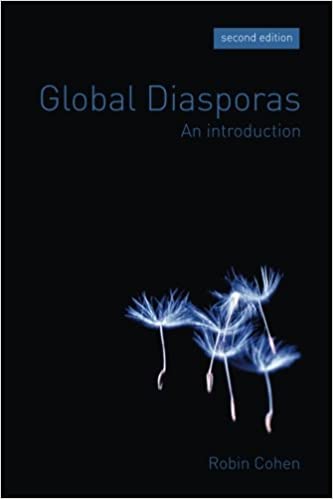
Global Diasporas: An Introduction
The text discusses the concept of diasporas, exploring how people are dispersed across the world while maintaining connections to their homelands. It examines the impact of globalization, technology, and migration on diasporic communities, emphasizing the complexity and diversity of diasporic experiences. Additionally, it highlights the significance of identity, belonging, and transnational connections within diasporas, shedding light on the dynamic nature of diasporic cultures.
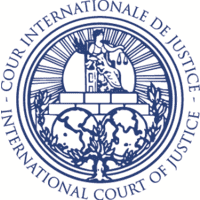
United States Diplomatic and Consular Staff in Tehran (United States of America v. Iran)
The United States took Iran to the International Court of Justice over the 1979 hostage crisis. The US argued Iran violated international law by holding American embassy staff captive. Iran countered with claims of US intervention in Iranian affairs. The Court ruled in favor of the US, directing Iran to release the hostages and provide reparations. Ultimately, the situation strained US-Iran relations and remains a key diplomatic precedent.
The inertia of Diplomacy
Diplomacy is used to manage the goals of foreign policy focusing on communication. New trends affect the institution of diplomacy in different ways. Diplomacy has received an additional tool in the form of the Internet. In various cases of interdependence and dependence interference in a country’s affairs is accepted. Multilateral cooperation has created parliamentary diplomacy and a new type of diplomat, the international civil servant. States and their diplomats are in demand to curb the excesses of globalization. The fight against terrorism also brought additional work for diplomac...

Consular Diplomacy: A Conceptual Framework for Analysis and Decision Making
This dissertation explores the consular functions performed in three developed countries and draws from that data to develop a conceptual framework for decision making and analysis of consular affairs. The paper examines the historical evolution of consular functions and the problems of defining consular functions on a universal basis. The findings of this research initially define the categories of consular services performed in contemporary diplomacy, and subsequently, conceptualises how each function may become relatively more important to a nation state. Among the important finding of this...

The Journey of Man: A Genetic Odyssey
If God ever gave mankind a mission – it was not so much to multiply as to walk. And walk we did, to the farthest corners of the earth. Homo sapiens sapiens is the only mammal to have spread from its place of origin, Africa, to every other continent – before settling down to sedentary life ogling a TV screen or monitor, that is.
The Visa Dimension of Diplomacy
The text provides an overview of how visas play a crucial role in diplomatic relations between countries. It discusses the importance of visa policies in shaping international interactions, fostering bilateral relationships, and promoting various diplomatic objectives. The article emphasizes the significance of understanding the visa dimension in diplomacy for effective communication and cooperation between nations. Overall Summary: The text explores the essential role visas play in diplomatic relations, highlighting their significance in shaping international interactions and fostering bilate...

Think global, act local: Honorary consuls in a transforming diplomatic world
The paper explores the role of honorary consuls in trade, tourism, and investment promotion. It emphasizes the importance of extending consular coverage through honorary consuls, focusing on the significance of localities over national capitals in business and commerce. Selected nations are utilizing honorary consuls to boost their economies. The conclusion highlights research gaps regarding the effectiveness of honorary consuls in trade and investment promotion.

Paradiplomatic’ Relations between the United States and Kosova: A Friendship between an Elephant and a Mouse
Naim Dedushaj's thesis 'Paradiplomatic relations between the United States and Kosova' studies the relations between the Albanian nation and America that date way back in history. The first Albanian immigrants moved to the United States in the second half of the 19th century. The major migration flows from Kosova and other parts in ex-Yugoslavia took place in the 20th century.
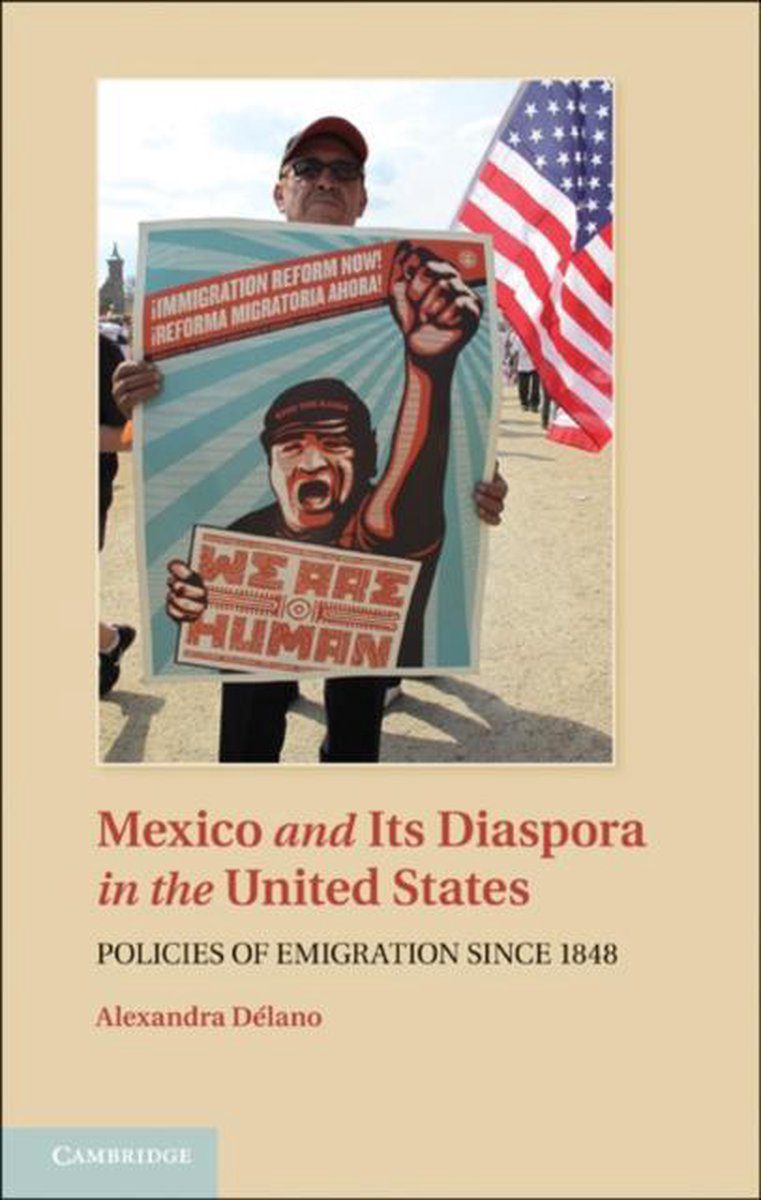
Mexico and its Diaspora in the United States: Policies of Emigration since 1848
This book is unique in many ways and is different from other studies on migration and diaspora. Délano looks at migration from the perspective of a sending state, focusing on its role in the evolution of emigration policies, as they are shaped under diverse pressure. Spread over a period of over 100 years, the content is neatly divided into five distinct phases. A departure from other studies, the emigration process is seen through the prism of a social scientist and not that of an anthropologist, as is the standard pattern. Its focus is on Mexican emigration policies, yet the same are not se...
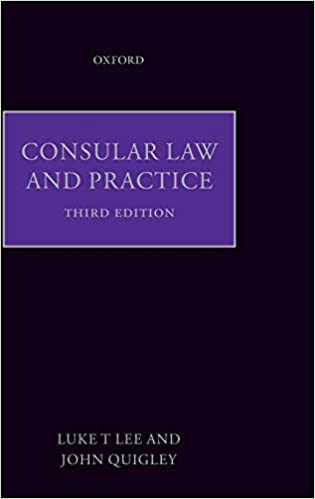
Consular Law and Practice, 3rd ed
First published in 1961, Consular Law and Practice is a classic work of great interest and practical use to diplomats, consuls, and international lawyers.
The Scottish Diaspora and Diaspora Strategy: Insights and Lessons from Ireland
The text discusses the Scottish Diaspora and Diaspora Strategy, drawing insights and lessons from Ireland.
The NIRSA Diaspora Strategy Wheel and Ten Principles of Good Practice
A Diaspora Strategy is an explicit and systematic policy initiative or series of policy initiatives aimed at developing and managing relationships between homelands and diasporic populations. These policy initiatives vary from highly formalised and structured programmes to projects that are quite light in conception and application. A diaspora strategy is perhaps best thought of then as an overarching framework for providing a level of coherence to the range of diaspora policies devised and implemented by a variety of agencies. The NIRSA Diaspora Wheel is designed as a checklist for poli...

Diaspora Diplomacy: Philippine Migration and its Soft Power Influences
Diaspora Diplomacy: Philippine Migration and its Soft Power Influences is about the remarkable and untapped soft power that international migrants possess and how various sectors-from governments, NGOs, business, and international organizations- could tap this valuable resource to enhance global cooperation and development. With compelling stories from Filipina and Filipino migrants in San Francisco, London, Dubai, Dhaka, and Singapore comprising the large Philippine diaspora, this book illustrates how this widespread community performs numerous acts of public diplomacy, bridging the cultural ...
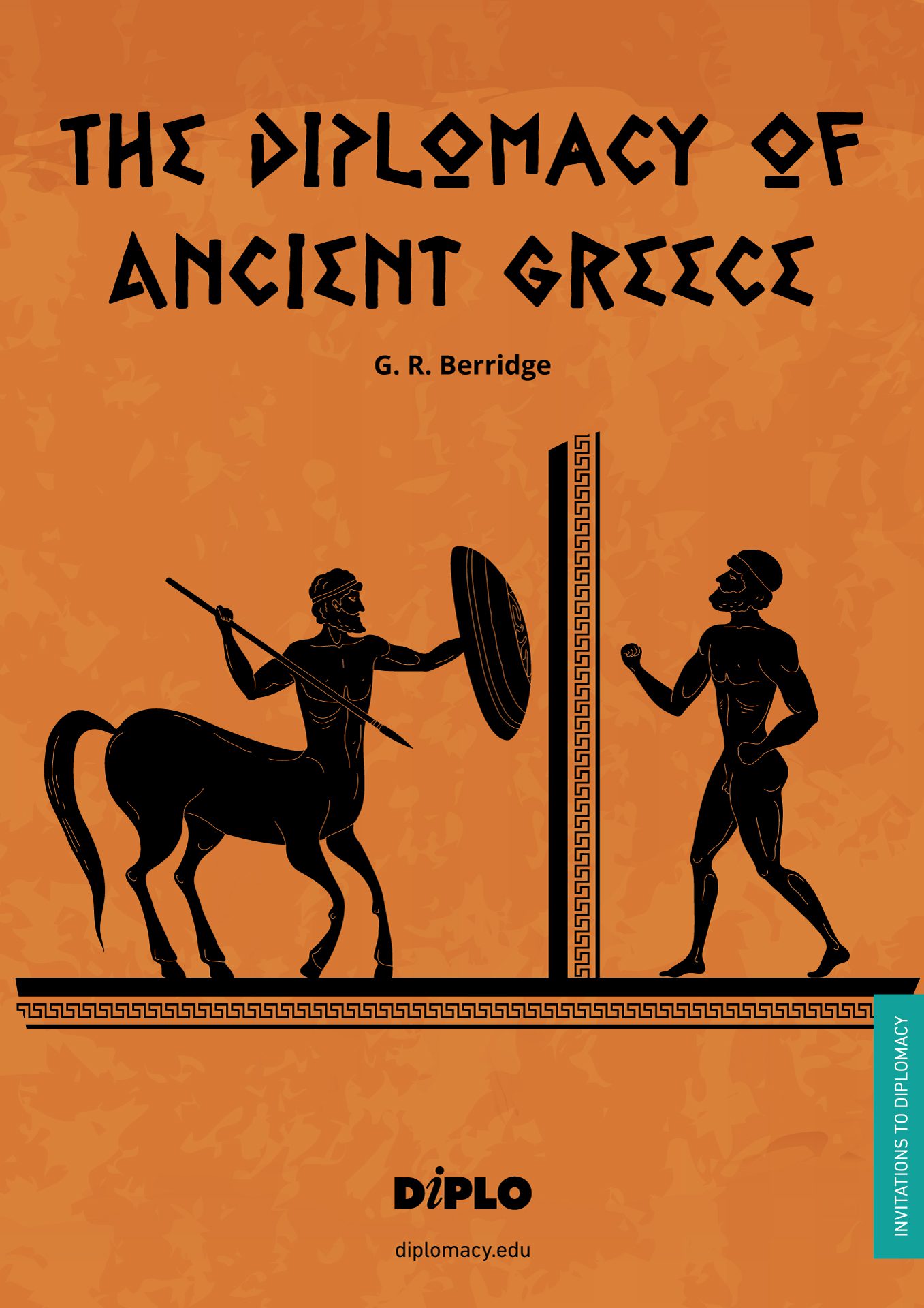
The Diplomacy of Ancient Greece – A Short Introduction
Employed against a warlike background, the diplomatic methods of the ancient Greeks are thought by some to have been useless but by others to have been the most advanced seen prior to modern times.

The transformation of consular affairs: The United States experience
The United States has undergone a significant evolution in consular affairs, largely due to technological advancements and changing global dynamics. This transformation has enabled consular services to become more efficient, accessible, and secure. Modernization efforts include the adoption of biometric data, online appointment systems, and streamlined application processes. As a result, the U.S. consular network is better equipped to serve the needs of citizens, promote national security, and facilitate international travel and trade.
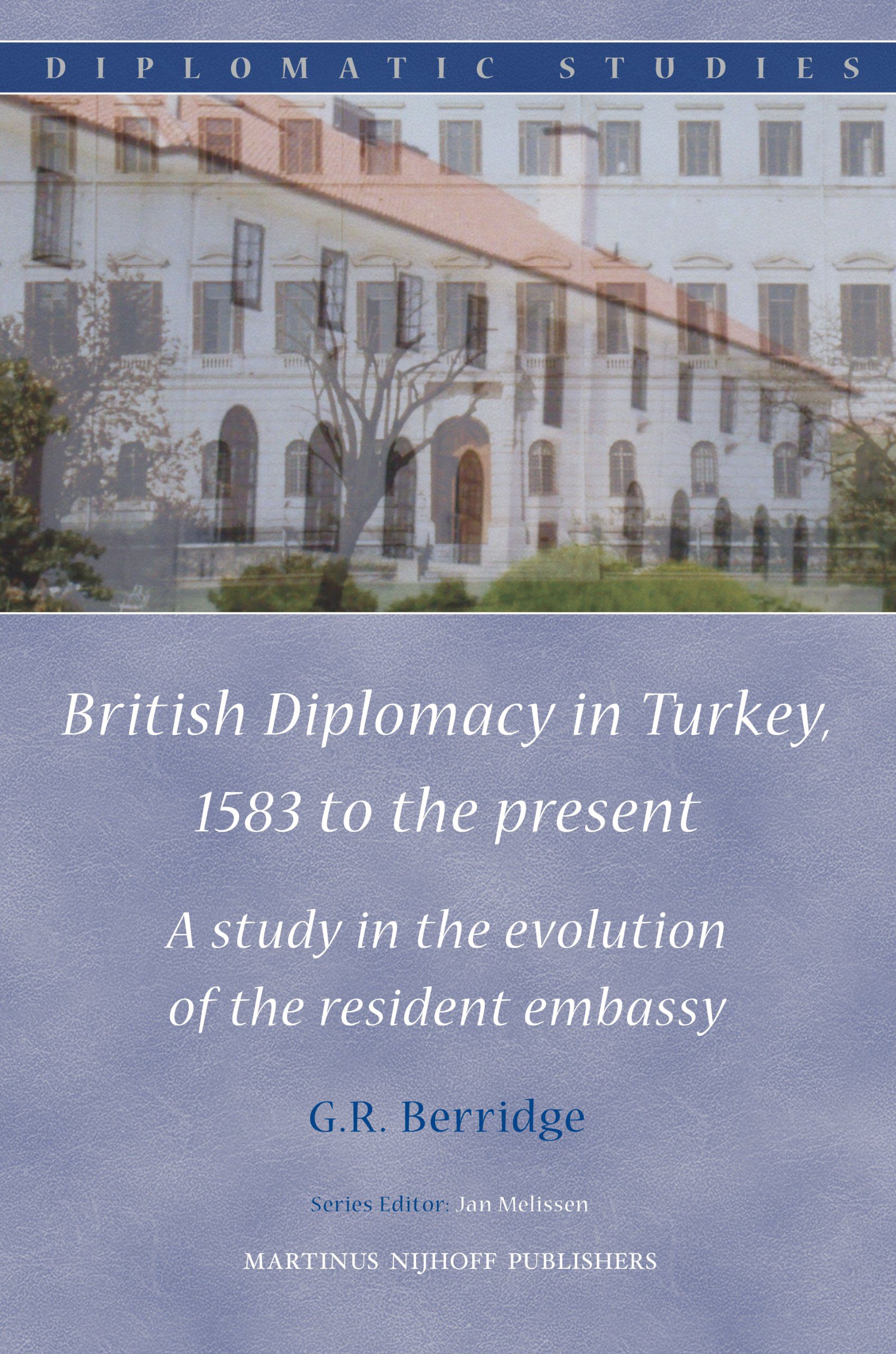
British Diplomacy in Turkey, 1583 to the Present: A Study in the Evolution of the Resident Embassy
The text discusses the evolution of the resident embassy in Turkey from 1583 to the present, focusing on British diplomacy in the region. It delves into the historical development and changes in diplomatic practices over time.

Consular Law and Practice, 2nd edn
The author of this book is a member of the US State Department's Senior Executive Service, Chairman of the International Law Association Committee on the Legal Status of Refugees, and Adjunct Professor of Law at the American University. It is not a new book but is still available on demand from OUP (when you look at the price, though, who is holding the pistols is a moot point). The first edition was published in 1961, shortly before consular law was codified in the Vienna Convention on Consular Relations (1963), and the method of the second edition is correspondingly different in emphasis - d...
The latest from Diplo and GIP
Tailor your subscription to your interests, from updates on the dynamic world of digital diplomacy to the latest trends in AI.
Subscribe to more Diplo and Geneva Internet Platform newsletters!
Diplo: Effective and inclusive diplomacy
Diplo is a non-profit foundation established by the governments of Malta and Switzerland. Diplo works to increase the role of small and developing states, and to improve global governance and international policy development.


